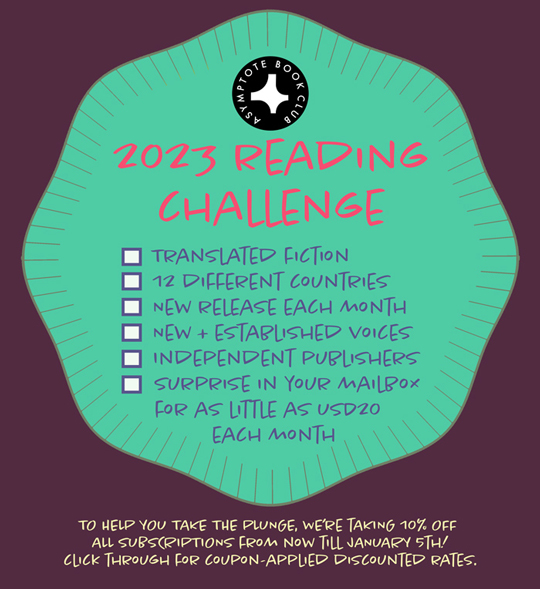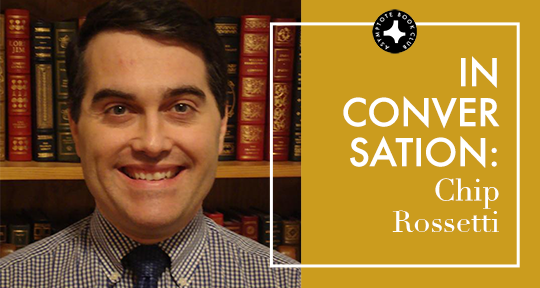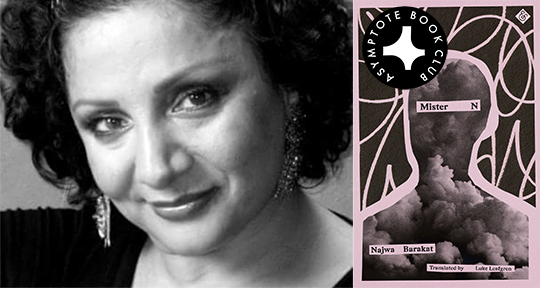The body of work comprising Paul Valéry’s Monsieur Teste manuscripts represents some of his most illuminating and challenging ideas, condensed into an alter ego who could articulate an evolving analysis of poetry’s intellectual mechanisms, multivalent origins, and immovable rationality. In reflecting on the character’s origins, Valéry had pointed to sudden, surging, “strange excesses of self-awareness,” a rousing that stirred newfound doubts and investigations into his chosen craft, and thus a renewed inquisition into the very acts of thinking, imagining, and inventing. Monsieur Teste became then a companion that would walk alongside Valéry for the remainder of the poet’s life, leaving impressions and musings in the stray forms of philosophical texts, brief aphorisms, and fictional letters. An encompassing collection of these works are now available in a luminous translation by Charlotte Mandell, which we were proud to present as our December Book Club selection. In this interview, Mandell speaks to us about the challenge of working with Valéry’s occasionally-lyrical, occasionally-bareboned style, and what it means to meet translation as its own form of creation.
The Asymptote Book Club aspires to bring the best in translated fiction every month to readers around the world. You can sign up to receive next month’s selection on our website for as little as USD20 per book; once you’re a member, join our Facebook group for exclusive book club discussions and receive invitations to our members-only Zoom interviews with the author or the translator of each title.
Mia Ruf (MR): I want to first talk about Valéry’s own notes in the preface to Monsieur Teste, where he discusses the difficulty of translating this text—in part because of the language he talks about devising. He refers to it as “forced and vigorously abstract” and “with a few traces of that vulgarity or triviality we allow ourselves.” Did you feel that way in translating it? And did you find those aspects to indeed be difficult?
Charlotte Mandell (CM): Yeah, because a lot of the aphorisms are so short. There’s not a lot of context to base the translation on, so you sort of have to guess what Valéry is trying to say. Also, when he talks about abstract words, you have to resist an urge to just be easy and translate whatever you think it is; you have to try to put yourself in his mindset, which is really hard—to see what he meant instead of what I thought he meant. It helped a lot to have the Jackson Mathews translation [Princeton, 1989], so I consulted that, but you made a good point in your review, which is that I tend to make the sentences a little bit longer than Mathews did. He often attempted to make the text a little bit “easier,” and shortened some of the sentences, but I tried to just stay as true as possible to the original—both in terms of the sentence length, and also the way by which the thought unfolds.
















